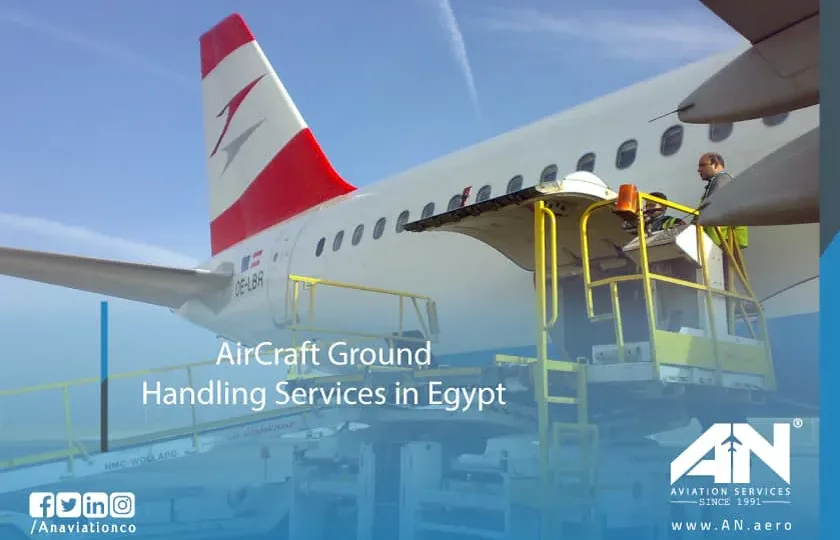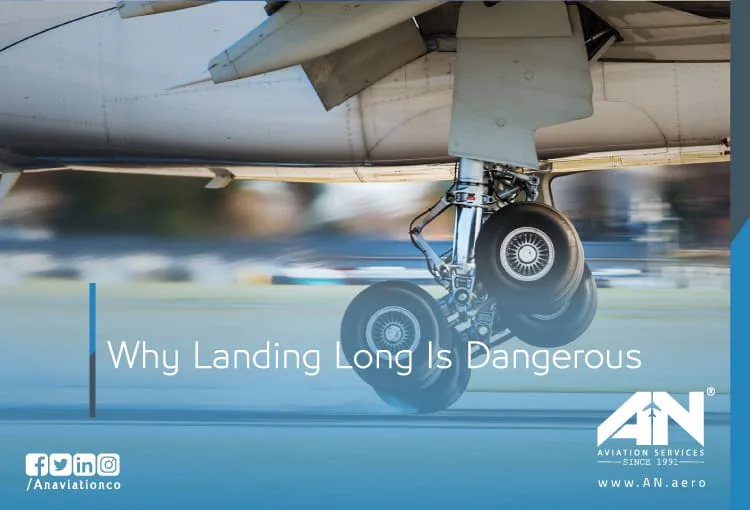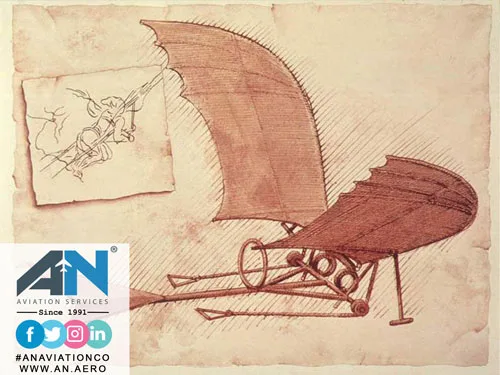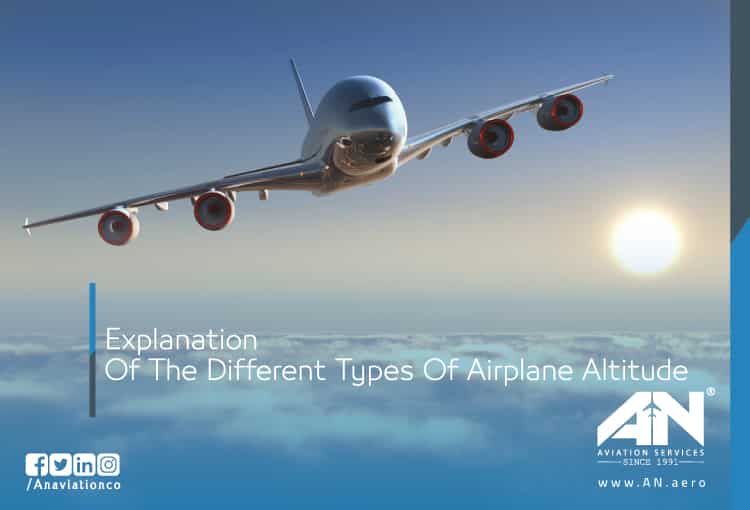
Ground handling in Egypt plays a pivotal role in ensuring the seamless operations of flights arriving and departing from the country’s bustling airports. As a vital component of the aviation industry, ground handling encompasses a wide range of services designed to support aircraft, passengers, and crew during their time on the ground.
Egypt, with its strategic geographical location, serves as a bridge between Europe, the Middle East, and Africa. It’s no surprise that its airports handle a significant volume of air traffic, making ground handling in Egypt a critical aspect of maintaining operational efficiency and passenger satisfaction. From Cairo International Airport to smaller regional hubs, the demand for reliable and high-quality ground services continues to grow as Egypt strengthens its position as a global aviation hub.
The Importance of Ground Handling Services
Ground handling services ensure that aircraft operations run smoothly from the moment a plane touches down to the moment it departs. These services cover everything from refueling, baggage handling, and passenger assistance to aircraft maintenance and catering. The primary goal is to minimize turnaround time while maintaining the highest standards of safety and efficiency.
In Egypt, ground handling services are especially crucial given the country’s reliance on tourism and international business. With millions of travelers passing through Egyptian airports each year, ground handlers must work efficiently to manage the unique needs of airlines, passengers, and cargo operations.
Major Airports and Ground Handling Infrastructure in Egypt
Egypt is home to several international and regional airports that serve as key hubs for passenger and cargo flights. Each airport is equipped with specialized ground handling services to cater to the diverse needs of its operators.
Cairo International Airport:
As the largest and busiest airport in Egypt, Cairo International Airport sees a high volume of international and domestic flights daily. The airport’s ground handling operations are among the most sophisticated in the region, with services tailored for both commercial airlines and private aircraft.
Cairo’s ground handling infrastructure includes:
- Advanced baggage handling systems to manage passenger luggage efficiently.
- Specialized equipment for aircraft refueling, cleaning, and maintenance.
- Comprehensive support for cargo operations, ensuring smooth transit for goods passing through the airport.
Hurghada and Sharm El-Sheikh Airports:
These airports serve as gateways to Egypt’s top tourist destinations. Ground handling teams here focus on quick turnarounds for charter flights and accommodating the needs of leisure travelers. Passenger assistance, including baggage handling and transportation to nearby resorts, is a top priority.
Regional and Domestic Airports:
Smaller airports in Egypt, such as Luxor and Aswan airports, play a crucial role in connecting travelers to the country’s historical and cultural sites. Ground handling at these locations includes catering to smaller aircraft while maintaining the same high standards of safety and efficiency seen at larger hubs.
Challenges in Ground Handling in Egypt
While ground handling in Egypt is well-established, the sector faces certain challenges that require ongoing attention and innovation:
Increasing Passenger and Cargo Volumes:
With Egypt’s growing popularity as a tourist and business destination, airports must handle an ever-increasing volume of passengers and goods. Ground handling teams are tasked with managing this growth without compromising service quality.
Coordination Between Stakeholders:
Ground handling involves multiple stakeholders, including airlines, airport authorities, and service providers. Effective communication and collaboration are essential to ensure smooth operations, especially during peak travel seasons.
Meeting International Standards:
Ground handling in Egypt must comply with international aviation regulations and safety standards. This includes adhering to the guidelines set by the International Civil Aviation Organization (ICAO) and the International Air Transport Association (IATA). Maintaining compliance while managing day-to-day operations is an ongoing challenge for ground handling teams.
Advancements in Ground Handling Technology
The future of ground handling in Egypt is being shaped by technological advancements that improve efficiency and reliability.
- Automated Systems: Airports are increasingly adopting automated solutions for baggage handling, aircraft servicing, and cargo management. These technologies reduce human error and enhance overall efficiency.
- Real-Time Data Sharing: Ground handlers can now use real-time data to track flights, luggage, and equipment, enabling better decision-making and quicker response times.
- Eco-Friendly Equipment: To align with global sustainability goals, Egyptian airports are introducing environmentally friendly ground handling equipment, such as electric baggage carts and fuel-efficient servicing vehicles.
Why Ground Handling Matters for Egypt’s Aviation Growth?
Ground handling is a cornerstone of Egypt’s aviation industry, supporting not only the movement of people and goods but also the country’s broader economic development. By ensuring that aircraft operations are efficient and reliable, ground handling teams help maintain Egypt’s reputation as a world-class aviation hub.
For airlines, the quality of ground handling services directly impacts operational efficiency, customer satisfaction, and profitability. Passengers benefit from smoother boarding processes, timely departures, and effective baggage management, all of which contribute to a positive travel experience.
Conclusion
As air travel continues to expand in Egypt, the demand for reliable and efficient ground handling services will only grow. From the bustling terminals of Cairo International Airport to the sun-soaked runways of Sharm El-Sheikh, ground handling teams play an indispensable role in ensuring the seamless operation of the aviation sector.
With investments in technology, a commitment to meeting international standards, and a focus on collaboration, ground handling in Egypt is poised to keep pace with the country’s dynamic aviation growth. For passengers and airlines alike, these services are the backbone of safe, efficient, and enjoyable air travel experiences.
FAQ
How is the “Smart Airport” strategy transforming ground handling at Cairo International Airport (CAI)?
Egypt’s aviation roadmap centers on transforming Cairo International into a digital hub. For ground handlers, this means the integration of AI-driven turnaround management and real-time tracking of Ground Support Equipment (GSE). These smart systems allow for tighter “quick-turn” schedules and better coordination between ramp services and flight dispatch, significantly reducing “Aircraft on Ground” (AOG) time during peak traffic at Terminal 3.
What is the new “Advance Cargo Information” (ACI) requirement for air freight in Egypt?
Egypt has made the Advance Cargo Information (ACI) system mandatory for all air freight. Ground handlers and shipping agents must now utilize the Nafeza platform to submit cargo data before an aircraft even departs its origin. This digital-first approach accelerates customs clearance upon arrival and is a critical compliance step for any cargo operator flying into Cairo, Sphinx, or Alexandria.
Are private companies now allowed to manage ground operations at regional Egyptian airports?
Yes, Egypt is actively transitioning to a Public-Private Partnership (PPP) model. While the state retains ownership, airports such as Hurghada International are now open to international private operators for management and ground services. This shift is designed to inject global expertise and “Green GSE” (electric tractors and loaders) into regional hubs, improving service quality for the booming tourism sector and private charter market.
Which ground handling certifications are most important for operators in Egypt today?
Safety remains the top priority, with the IATA Safety Audit for Ground Operations (ISAGO) being the gold standard. Major Egyptian handlers, including EgyptAir Ground Services and ZAS, prioritize ISAGO registration to demonstrate compliance with international SMS (Safety Management Systems). For private and VIP flights, look for providers who also hold IS-BAH certification, which ensures specialized handling standards for business aviation.
How is Egypt addressing sustainability on the airport ramp?
In alignment with “Vision 2030,” Egyptian airports are rapidly adopting electric Ground Support Equipment (eGSE). You will see an increasing number of electric baggage tugs and solar-powered Ground Power Units (GPUs) on the aprons of Cairo and Hurghada. This transition not only supports global net-zero goals but also reduces noise pollution and operational costs for airlines utilizing Egyptian gateways.
















